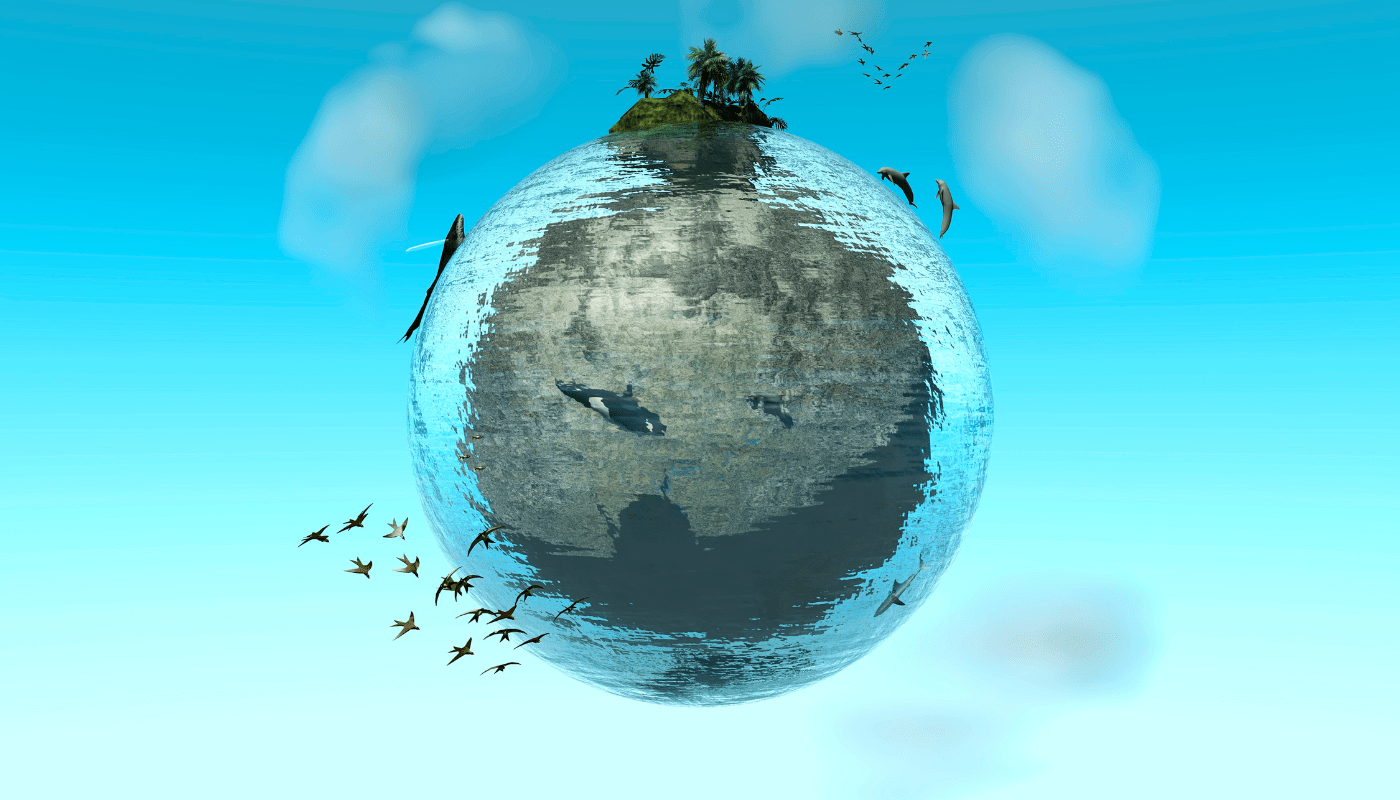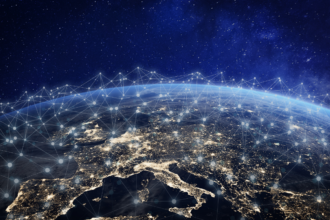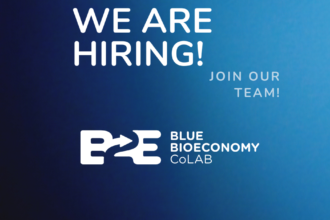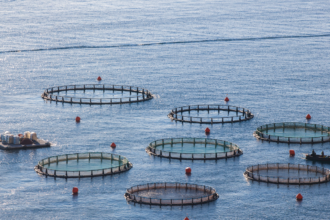The Ecosystem Services of Aquaculture
An “ecosystem” is a complex and dynamic combination of plants, animals, micro-organisms and the natural environment, living together as a unit and dependent on each other. “Biodiversity” encompasses all the myriad life forms resulting from these partnerships.
Earth’s ecosystems provide humanity with a wide range of benefits known as “ecosystem goods and services”. The goods produced by ecosystems include food (meat, fish, vegetables, etc.), water, fuels and timber; while services include water supply and air purification, natural waste recycling, soil formation, pollination and the regulatory mechanisms that nature itself uses to control weather conditions and populations of animals, insects and other organisms1.
The destruction of ecosystems resulting from industrial and anthropogenic activities, which have led to climate change, has repercussions on human life and health. Although aquaculture may be on the side of ecosystem destruction due to the environmental impacts resulting from poor management, it can also repopulate the ocean with species that are in danger of extinction, as is the case of the seahorse at Ria Formosa.
In fact, if aquaculture is done properly and well managed, especially mariculture – the production of marine species in oceanic and coastal environments – it can help mitigate the impacts of production itself and bring benefits to the ecosystems surrounding the production area, as well as having the potential to help combat climate change2.
Indeed, the production of bivalves such as oysters, clams and mussels play an important role in water resources: they clean the water as they filter feed and remove nitrogen from the environment, the production area serves as a habitat for smaller organisms, and can even help prevent shoreline erosion. In other words, they help preserve ecosystems, safeguard biodiversity and reverse soil degradation.
Along with shellfish, the production of macroalgae also helps to purify the water. Hence, by being placed alongside fish aquaculture, they capture excess nutrients, prevent ocean acidification and habitat loss, and at the same time create shelter, nursery and habitat areas for many fish, increasing the amount of fish in the area and improving the surrounding environment3.
What scientific studies show
A study published in Bioscience4 assessed how greenhouse gas (GHG) emissions associated with mariculture of fish, macroalgae and bivalves could be mitigated by exploiting GHG sources as carbon sinks. The study concludes that if aquaculture is “done right” it could play an active role in mitigating climate change. It also points to aquaculture as a potential global leader in regenerative food systems. For sure, this will require effort and investment, so that in the future zero emissions can be achieved by the industry.
Another study explores the potential for aquaculture to contribute positively to the planet and ecosystems, and adds that incorporating recognition of ecosystem services in farm design and planning has the potential to improve the environmental performance and sustainable management of aquaculture5.
The UN High-Level Panel for a Sustainable Ocean Economy points to good solutions for reducing greenhouse gas emissions by producing more food from the ocean and increasing our diet with protein from mariculture, concluding that an increased intake of marine fish and seafood would contribute up to 25 percent to greenhouse gas reductions from the oceans by 2030.
In conclusion
Aquaculture can thus help make a positive contribution to the planet by providing quality protein, helping to meet the global challenge of feeding over nine billion people by 2050, while mitigating the growing problems of climate change.
References:
1. Bens e Serviços Ecossistémicos, 2009, Comissão Europeia
2. Lisa Jackson, 2022 “Climate change mitigation needs mariculture, new research concludes”, Global Seafood Alliance.
3. NOA, National Oceanic And Atmospheric Administration, US Department of Commerce
4. Alice R Jones, Heidi K Alleway, Dominic McAfee, Patrick Reis-Santos, Seth J Theuerkauf, Robert C Jones, Climate-Friendly Seafood: The Potential for Emissions Reduction and Carbon Capture in Marine Aquaculture, BioScience, Volume 72, Issue 2, February 2022, Pages 123–143, https://doi.org/10.1093/biosci/biab126
5. Gentry, R.R., Alleway, H.K., Bishop, M.J., Gillies, C.L., Waters, T. and Jones, R. (2020), Exploring the potential for marine aquaculture to contribute to ecosystem services. Rev Aquacult, 12: 499-512. https://doi.org/10.1111/raq.12328





